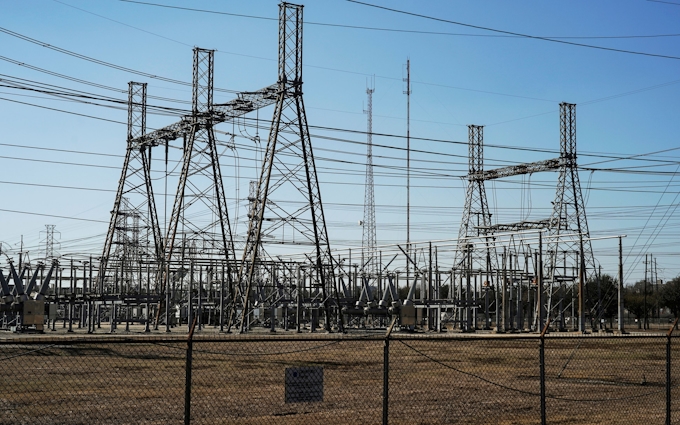
The Problems behind the Great Texas Power Outage
(Japan) on 28 February 2021
by (link to original)
As electricity markets continue to liberalize, the supply shortages in Japan and America again expose the importance of policies to maintain supply stability.
The temperature in Texas dipped below freezing, and the central city of Houston was covered in snow. It probably goes without saying that this was an unusual scenario for the South.
As demand for electricity for heating surged, supply was delayed by frozen natural gas pipelines — the main energy fuel source — and frozen wind power plant equipment, causing millions of power outages. The value of the wholesale electricity market soared, and a number of business owners in the electricity sector reportedly defaulted.
Texas has the second-largest economy in America after California; it exceeds Russia and South Korea, Thus, the power crisis led to great turmoil.
It is fair to say that there are similarities between the events in Texas and the pressures facing Japan’s supply. Texas has a liberal electric power system, even for America: the power grid is independent and federal regulations do not apply. The wholesale electricity market is also focused within the state.
It has been suggested that one cause for this crisis is the fact that in a liberalized, competitive environment, there is no mechanism to encourage business to invest in power installations.
In Japan as well, supply could not catch up with a surge in demand due to an unusual cold wave, and a spike in wholesale electricity prices hurt business.
The power grid is also regionally divided, and there are limits to power sharing across regions. We are highly dependent on power generation through imported liquid natural gas, and the difficulty of securing fuel in an emergency led to the supply shortage in January.
There is probably room for debate regarding where electricity providers should obtain reserves for supply changes and demands that rarely occur like the historic cold wave. However, it is imperative that we prepare a mechanism for properly modifying and maintaining generating ability and the smooth sharing of power with other regions. A balanced makeup of energy sources that doesn’t rely too heavily on a certain source of power is also important.
